You may have heard of the Bayh-Dole Act and likely even benefitted from it, but do you find yourself wondering what the specifics entail and what it changed for research professionals? You’re not alone.
The Bayh-Dole Act is a historic law that helped solidify the positive impact of sponsored research. Unfortunately, many organizations fail to fully benefit from it. Let’s explore the Bayh-Dole Act in detail, including what it is, why it’s so important, and how you can best leverage its impact for your organization.
What is the Bayh-Dole Act?
The Bayh-Dole Act was a landmark piece of legislation passed in 1980. It represented a fundamental shift in the U.S. government’s policy toward innovation. The act provided legal ownership and title to any invention made in whole or in part with federal funds to small businesses and universities. Essentially, it formalized what we now know as technology transfer and allowed universities and companies to retain rights and take the lead in patenting groundbreaking discoveries.
According to the Senate Judiciary Committee Report in December 1979:
“Ultimately, it is believed that these improvements in government patent policy will lead to greater productivity in the United States, provide new jobs for our citizens, create new economic growth, foster increased competition, make government research and development contracting more competitive, and stimulate a greater return on the billions of dollars spent each year by the government on its research and development programs.”

What does it mean for researchers?
What did the Bayh-Dole Act mean for researchers and the larger community? In 2002, more than 20 years after the act was signed, The Economist called it “perhaps the most inspired piece of legislation to be enacted in America over the past half-century.” It allowed innovation to flourish in America like never before because a research organization was able to capitalize on the commercial potential of its discoveries.
Essentially, the Bayh-Dole Act allows universities and businesses to profit from their new innovations and technologies, which in turn drives greater innovation. Since 1980, universities in the United States have generated more than 4,000 companies through the technology transfer process.
The Bayh-Dole Act has contributed positively to several areas, including:
- The economy. Most startups and small businesses generated through university discovery are based in the university’s home state, which helps grow the local, state, and national economy.
- Innovation. With technology transfer, new innovations can be marketed to the world with the potential to improve lives and generate more economic value.
- Jobs. The Bayh-Dole Act has spurred the development of tens of thousands of jobs at universities and startups working to turn discoveries into marketable products. These jobs often are in the same community where the discoveries were made.
- Public benefit. Over the past 30 years, Bayh-Dole has led to the discovery of 153 new FDA-approved vaccines and drugs, along with new uses for existing drugs.
How does Cayuse Inventions help you realize the benefits?
While the Bayh-Dole Act set up a legal route for ownership and technology transfer, organizations still need the infrastructure and know-how to make it happen. This is why Cayuse Inventions was created. Cayuse Inventions is a technology transfer software designed to simplify research commercialization. The cloud-based enterprise platform takes you every step of the way from lab to market.
With a software suite built on user experiences from some of America’s leading higher education institutions, Cayuse Inventions connects your team and integrates your research commercialization workflow. For example, Duke University used Cayuse Inventions to become twice as efficient and boost its results.
“Creating reports that once took a week now takes just minutes with Inventions,” said Robin Rasor, Duke’s executive director of licensing and ventures.
The platform includes critical services such as:
- Online IDF capture
- Docketing interface
- Legal portal
- Built-in CRM
- Compliance tracking


